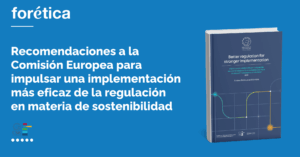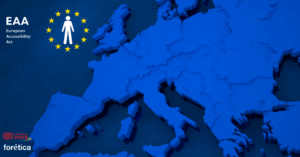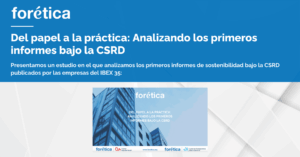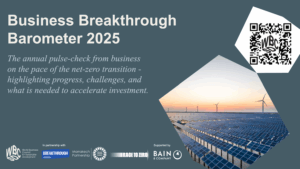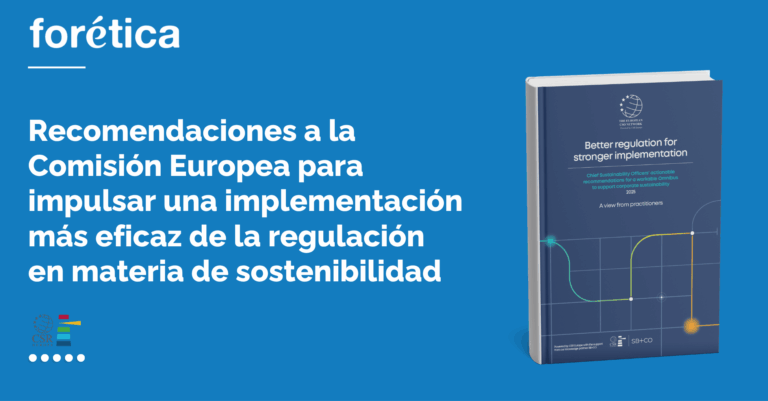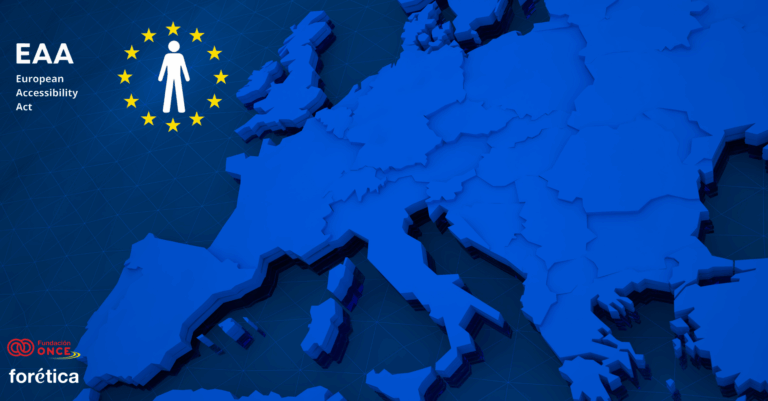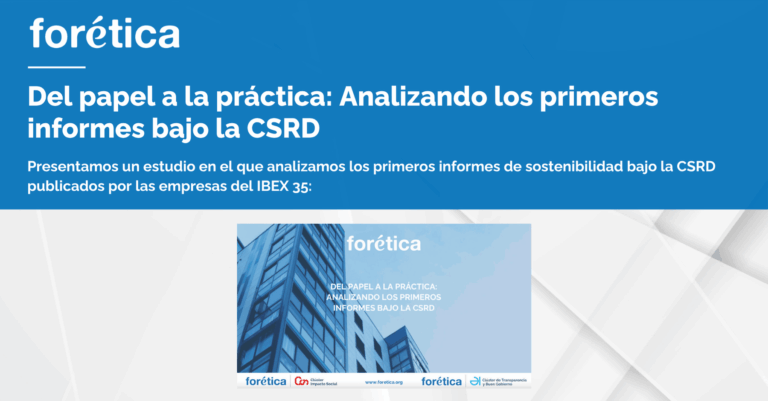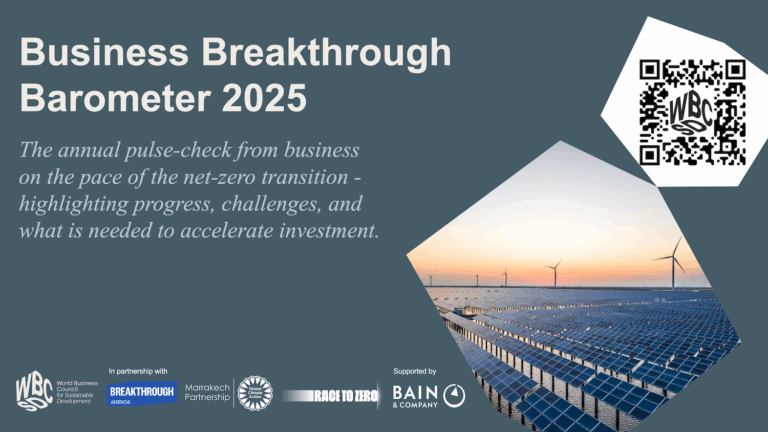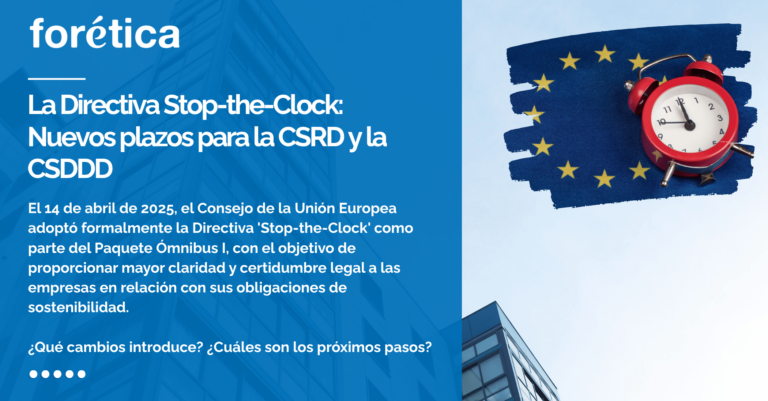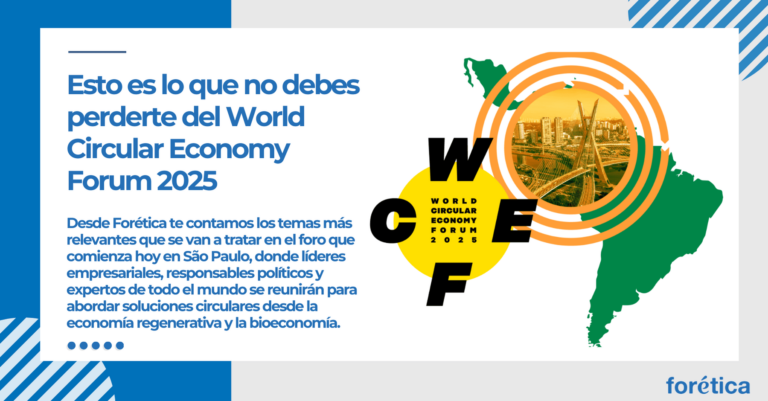Cuando las organizaciones públicas y privadas deciden dedicar un tiempo de su vertiginosa rutina (víctimas de la denominada «cultura de la prisa» de Carl Honoré) a cuestionarse cuál es el PROPÓSITO de su existencia (por qué hago lo que hago) significa que ha llegado el momento de repensar su horizonte y el rumbo de sus actividades (cómo estoy viviendo y qué estoy haciendo).
La utilidad de las marcas: satisfacer necesidades y deseos
La marca nace con el objetivo de satisfacer necesidades y deseos de los seres humanos a través de productos, servicios y experiencias. A lo largo de la historia, los seres humanos hemos evolucionado intentando encontrar y satisfacer estas necesidades y deseos (nuestro fin y PROPÓSITO) recurriendo a estos productos, servicios y experiencias (nuestro medio), ofrecidos por organizaciones (marcas) y por personas de forma individual (marcas personales).
El principal dilema del ser humano es confundir el medio con el fin. Es decir, considerar que su razón de ser (PROPÓSITO) es generar y obtener un beneficio económico (medio) para satisfacer necesidades y deseos y no al revés. O lo que es lo mismo, el error es convertir nuestra razón de ser en mercancía. Y es que ya lo decía el escritor, humanista y economista José Luis Sampedro: «los valores han sido sustituidos por el interés económico. Nuestra cultura lo ha convertido todo en mercancía».
Desarrollo y progreso sostenible desde la perspectiva ética
El concepto de desarrollo sostenible según la CMMAD (Comisión Mundial del Medio Ambiente y del Desarrollo), perteneciente a la ONU, hace referencia a «aquellos caminos de progreso social, económico y político que satisfacen las necesidades de la generación presente sin comprometer la capacidad de las futuras generaciones para satisfacer sus propias necesidades». Además, se matiza que «el desarrollo sostenible requiere la satisfacción de las necesidades básicas de todos y extiende a todos la oportunidad de satisfacer sus aspiraciones a una vida mejor».
Este ideal común de desarrollo sostenible alude a la ética de la convivencia actual del ser humano con sus iguales, su entorno natural y su planeta.
El filósofo e intelectual español Fernando Savater indica en su libro Ética para Amador que «la ética no es más que el intento racional de averiguar cómo vivir mejor». Y esto pasa por un proyecto ético donde los seres humanos sean capaces de vivir y empatizar unos con otros, basándose en la «libertad, justicia y asistencia».
Hablamos del equilibrio de una especie con los recursos de su entorno. De promover el progreso económico y social respetando su ecosistema, al que pertenece. Algo que al parecer no ocurre actualmente ya que estamos satisfaciendo nuestras necesidades y deseos a costa de desgastar nuestro entorno y de ir a contracorriente de la Ley Natural.
Hacia un branding trascendente: el propósito humano de las marcas
Las personas, por tanto, tienen un importante reto si quieren sobrevivir como especie: crear marcas que sirvan para progresar como humanos y construir un desarrollo ético, justo y sostenible. En consecuencia, el propósito individual y común debe reflejarse en el propósito organizacional.
El branding es el encargado de identificar, construir, gestionar y desplegar el propósito de las marcas y materializarlo en productos, servicios y experiencias (ser). El marketing, por otro lado, ayuda a distribuir estas marcas en el mercado y el entorno (hacer). Y, finalmente, la comunicación facilita trasladar estos mensajes a la audiencia (parecer). La ecuación humana y ética es clara: ser y hacer antes que parecer. Por tanto, el marketing y la comunicación social son limitantes si no se cuenta previamente con una estrategia de branding y negocio con propósito.
El desarrollo de las marcas depende de que el branding tenga una perspectiva humana, ética y sostenible. Es por ello por lo que se necesita de ecologistas, politólogos, sociólogos y filósofos para ayudar a dotarlas de estrategias y posicionamientos humanos y no solo de responsables de marketing, comunicación y negocio.
Como se dijo en el Foro de Davos (WEF), estamos en la era del humanismo empresarial.
Los ODS: principal KPI humano
Los Objetivos de Desarrollo Sostenible fijados por la ONU son una hoja de ruta muy útil para medir los pasos reales del progreso y propósito de la humanidad.
Como respuesta a esta nueva hoja de ruta, encontramos alternativas económicas planteadas como el Capitalismo Consciente, Doughnoth Economics o la Economía del Bien Común. Plataformas de influencia como la Comunidad B Corp, Marcas Con Valores o Sustainable Brands. Eventos internacionales como Davos, NESI… Todas son iniciativas que están ayudando y ofreciendo herramientas para repensar la forma de crear, gestionar y comunicar marcas humanas y éticas.
Reflexión
La ética parte, como dice Savater, del respeto y la libertad. Es por ello por lo que cada ser humano decide vivir su vida como desea. Aun así, esto implica que cada uno es responsable de las consecuencias de apostar o no por este proyecto ético común y de las implicaciones que lleva consigo en la convivencia entre seres humanos.
Nos encontramos ante el concepto de hombre global, el ser humano que piensa y actúa como conjunto y no como suma de individuos.
La sostenibilidad es una cuestión de ética. De marcas éticas y de seres humanos éticos que piensan en su hoy pero también en el futuro que dejarán a sus descendientes. Una cuestión de largo plazo e intergeneración.
Las marcas que no ayuden a tener una vida más justa, digna, feliz, humana y sostenible no serán marcas trascendentes. La distinción entre consumidores, empresas y gobiernos se rompe. Estamos ante un reto mayor: marcas creadas por personas para personas para ser mejores personas.
La cuestión es, si el branding está ayudando a crear marcas trascendentes como medio para el desarrollo del propósito humano.
En un mundo cada vez más automatizado, el valor humano toma protagonismo. La era de las máquinas puede ser una verdadera oportunidad para potenciar la era de los hombres. Las marcas que no cuenten con propósitos humanos no serán, eso, humanas.
Más conocimiento compartido acerca de Marcas con Valores que ayudan a construir una sociedad más justa, humana y sostenible en: http://marcasconvalores.com/blog/



